National Assembly delegate Truong Trong Nghia said that investment must have both profit and loss, so state-owned enterprises must also be flexible. This project may lose money, but another project may make a profit, but in total it is still effective.
Do not accept losses, increase or decrease, do not invest
On (November 23), discussing in groups about the draft Law on Management and Investment of State Capital in Enterprises, one of the contents that delegates were interested in was how to manage the State capital in enterprises with both State capital and private capital to use it effectively so that officials dare to do and dare to invest.
Video : National Assembly Delegate Truong Trong Nghia speaks at the meeting.
Delegate Truong Trong Nghia (HCMC delegation) said that this law is very important and closely related to personnel work.
"The state manages up to 50% of state capital, meaning private shareholders can be up to 49%, so if the policy is good, resources can be mobilized, but if it is not good, it cannot be mobilized. It is necessary to clearly define the issue of state capital, there must be no ambiguity, how many people have been imprisoned because of this ambiguity," said Mr. Nghia.
Analyzing further, Mr. Nghia said that it is necessary to clearly define that State capital is charter capital. As for the capital increased during the business process of the enterprise, it is necessary to clearly define the capital belonging to the State or other shareholders.
"If there is no clear distinction, when businesses invest the increased capital and incur losses, officials may be held responsible for causing the loss of state assets. While in reality, the increased capital does not entirely belong to the state," Mr. Nghia pointed out the paradox.
The delegate of Ho Chi Minh City delegation said that it is necessary to clearly define the management mechanism for this additional capital to create conditions for the private sector to confidently invest.

National Assembly Delegate Truong Trong Nghia (HCMC delegation).
Mr. Nghia acknowledged that investment has both profit and loss, but we have put forward the principle of capital preservation, so it is necessary to regulate this carefully, especially for investment of increased and accumulated capital. On the other hand, a business can go through ups and downs, with periods of profit, loss, and then recovery. Therefore, when considering, many factors must be considered, including market factors.
Delegates assessed that this draft law has not yet resolved or resolved the psychology of investors, and has not yet escaped the old mindset. Mr. Nghia said that investment that does not accept losses, increases and decreases cannot be called state investment.
"Investments must have both profits and losses, so state-owned enterprises must also be flexible. This project may lose money, but another project may make a profit, but in total it is still effective. If negative or corrupt officials must be dealt with, but losses due to objective factors must be considered when handling to ensure appropriateness," Mr. Nghia added.
Specific regulations for businesses to confidently use capital
Delegate Tran Hoang Ngan (HCMC delegation) said that our country used to have a very large number of state-owned enterprises, but through the restructuring process, the number of enterprises has decreased.
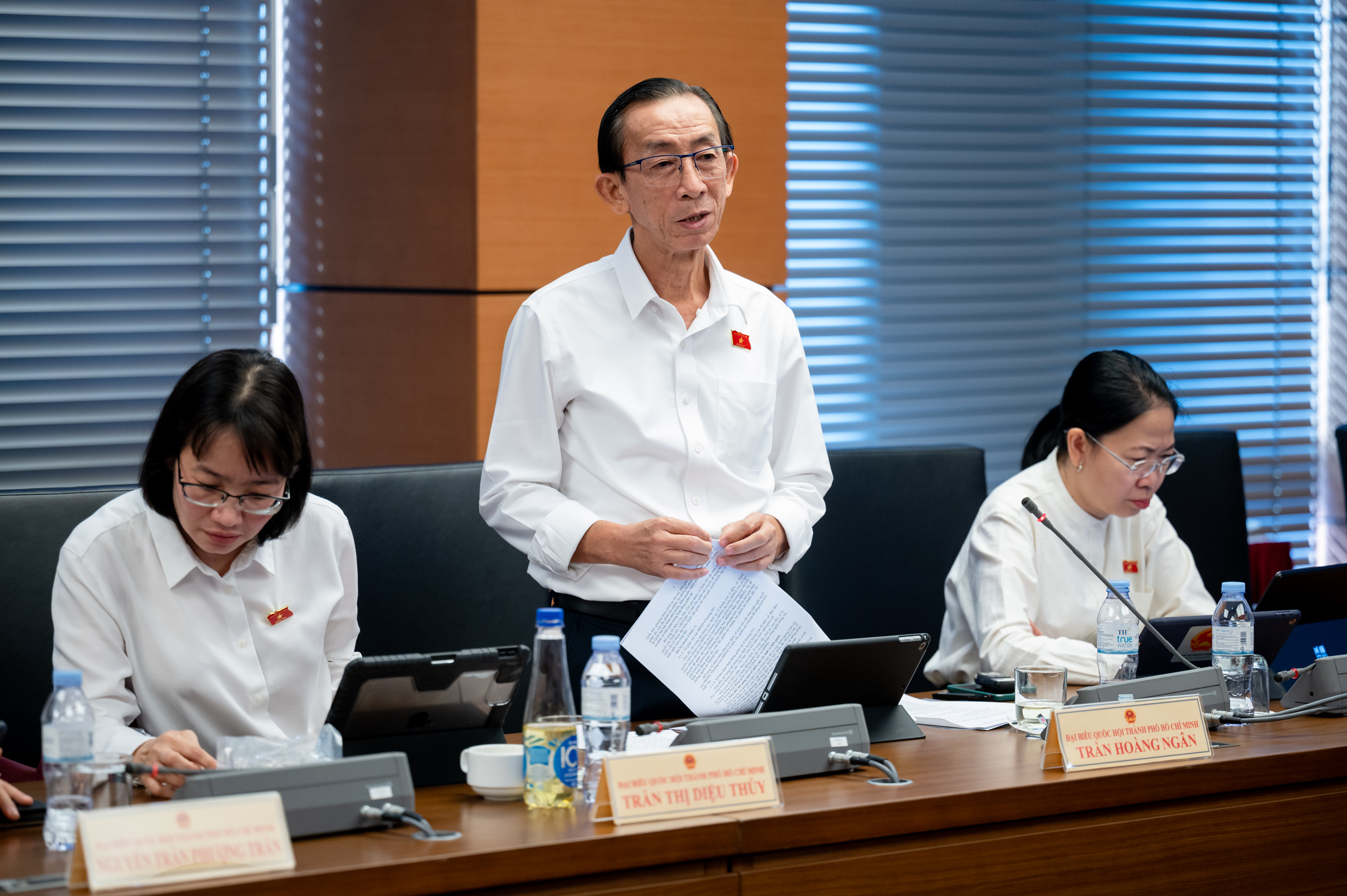
National Assembly Delegate Tran Hoang Ngan (HCMC delegation).
According to Mr. Ngan, in reality, many state-owned enterprises are operating at a loss and are still dealing with the consequences, and many enterprises are hesitant. Therefore, this law needs to clearly define and resolve current issues in this field, so that enterprises can confidently use capital.
According to Mr. Ngan, many enterprises with State capital are currently "stuck". When the State decides to invest in an enterprise, that capital belongs to the State. But for enterprises, it is enterprise capital. Investment must have risks, if it is intentional, it must be handled, but if the risks are due to objective factors, they must be accepted.
"There needs to be decentralization for businesses in investment to ensure timeliness, but it is necessary to ensure a monitoring, inspection and examination mechanism by the capital owner's representative agency to avoid negativity and loss. When there are signs of negativity, inspection must be carried out immediately," Mr. Ngan commented.
Source: https://www.baogiaothong.vn/can-bo-tieu-cuc-thi-xu-ly-nhung-thua-lo-do-khach-quan-phai-duoc-xem-xet-192241123153934546.htm








![[Photo] General Secretary To Lam attends the 80th Anniversary of the Cultural Sector's Traditional Day](https://vstatic.vietnam.vn/vietnam/resource/IMAGE/2025/8/23/7a88e6b58502490aa153adf8f0eec2b2)
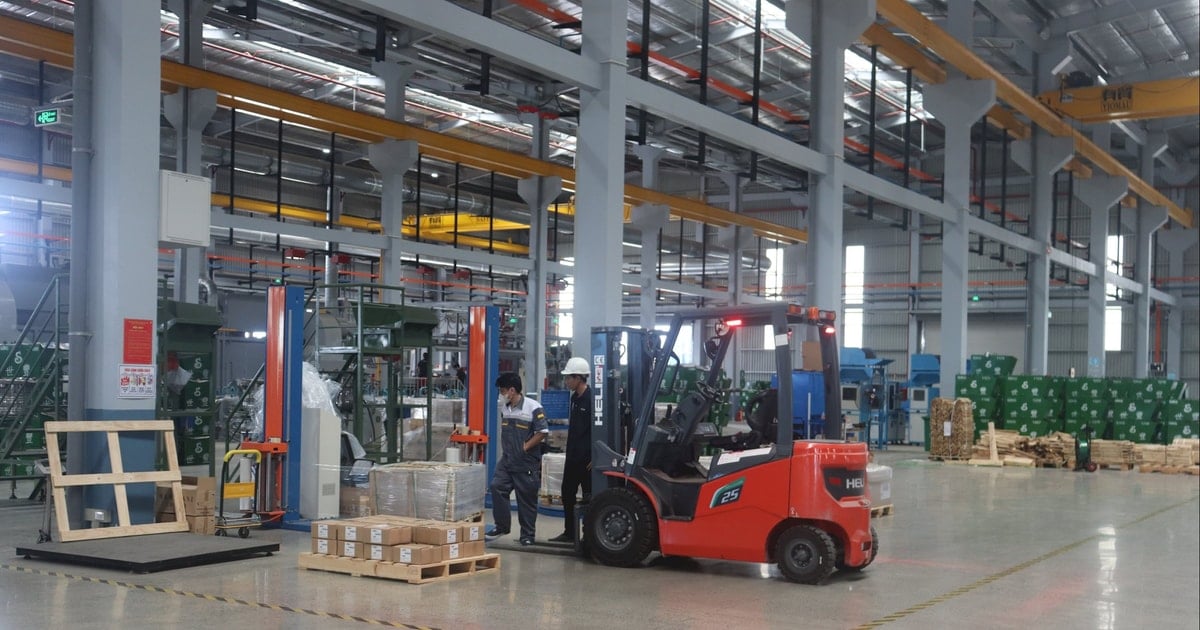

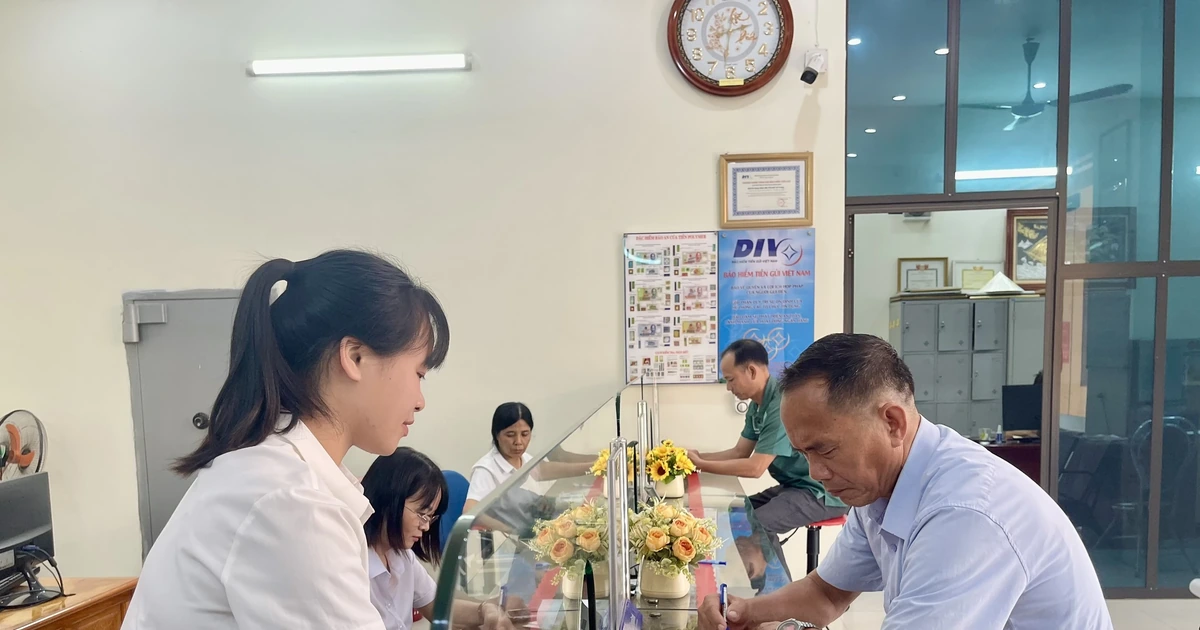

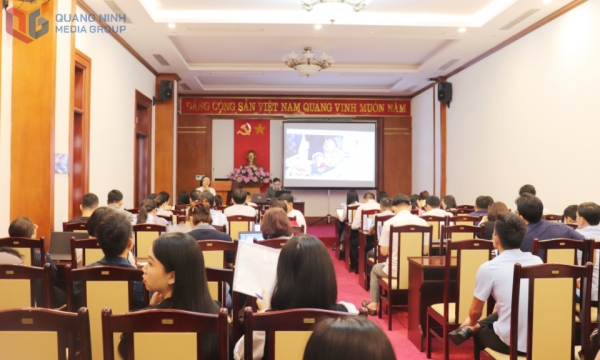




























![[Photo] Prime Minister Pham Minh Chinh chairs the meeting of the Government Party Committee Standing Committee](https://vstatic.vietnam.vn/vietnam/resource/IMAGE/2025/8/23/8e94aa3d26424d1ab1528c3e4bbacc45)








































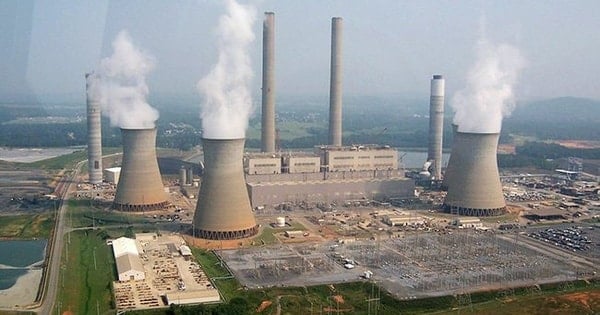
























Comment (0)